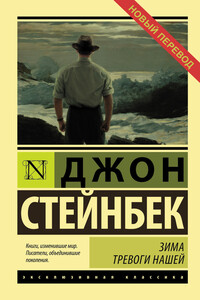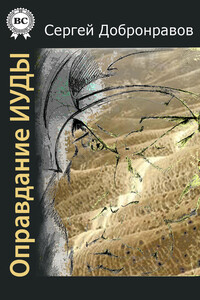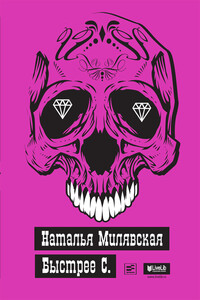Once there was a war | страница 35
It goes like this—on the Calais hill there is a flash in the night. Immediately from Dover the sirens give the shelling warning. From the flash you must count approximately fifty-nine seconds before the explosion. The shell may land almost anywhere. There is a flat blast that rockets back from the cliffs, a cloud of debris rising into the air. People look at their watches. The next one will be in twenty minutes. And at exactly that time there is another flash from the French coast, and you count seconds again. This goes on sometimes all night. One hour after the last shell the all-clear sounds. This does not mean that it is over. Jerry sometimes lobs another one in, hoping to kill a few more people.
In the morning there are wrecked houses; the dead have been dug out. A little band of men are cleaning the debris out of the street so that traffic may go by. A policeman keeps the people from coming too close for fear a brick may fall. That house is probably wrecked and will be unlivable until the war is over, but the houses all about are hurt. The windows are all blown out, and there will be no glass until after the war, either. The people are already sticking paper over the broken windows. Plaster has fallen in the houses all about. A general house cleaning is in progress. Puffs of swept plaster come out the doors. Women are on their knees, with pails of water, washing the floors. The blast of a near shell cleans the chimneys, they say. The puff of the explosion blows the soot out of the chimney and into the rooms.
There is that to clean up, too. In a front yard a man is standing in his garden. A flying piece of scantling has broken off a rose bush. The bud, which was about to open, is wilting on the ground. The man leans down and picks up the bud. He feels it with his fingers and carries it to his nose and smells it. He lifts the scantling from the trunk and looks at it to see whether it may not send out new shoots, and then, standing up, he turns and looks at the French coast, where five hundred men and a great tube of steel and high explosive and charts and plans, mathematical formulae, uniforms, telephones, shouted orders, are out to break a man’s rose bush. A neighbor passes in the street.
“The Boche was bloody bad last night,” he says. “Broke the yellow one proper,” he says. “And it was just coming on to bloom.”
“Ah, well,” the neighbor says, “let’s have a look at it.” The two kneel down beside the bush. “She’s broke above the graft,” the neighbor says, “she’s not split. Probably shoot out here.” He points with a thick finger to a lump on the side of the bush. “Sometimes,” he says, “sometimes, when they’ve had a shock, they come out prettier than ever.”






